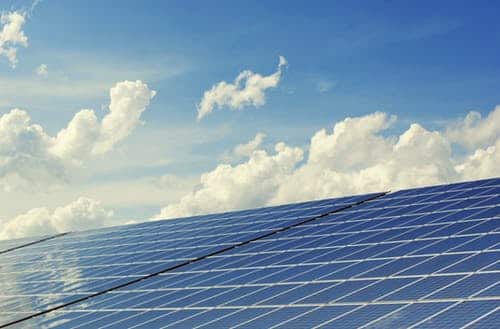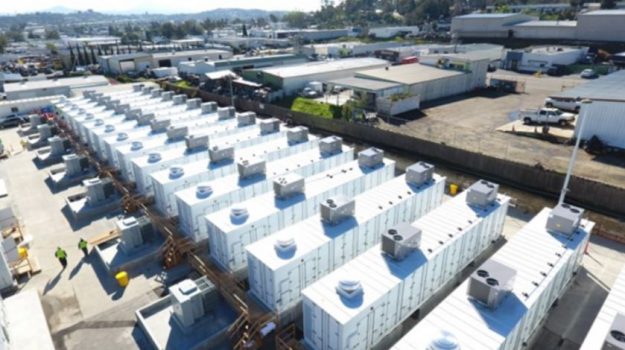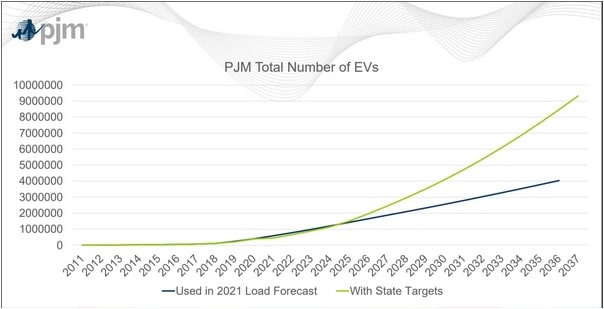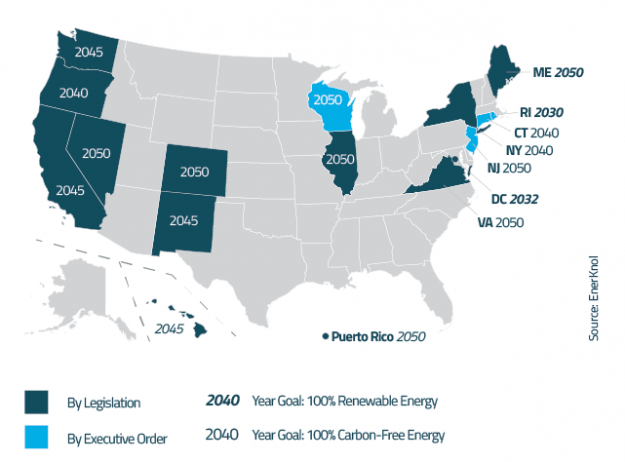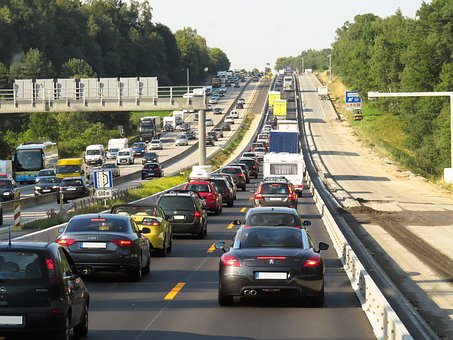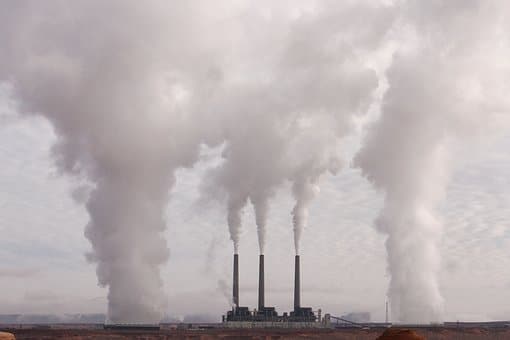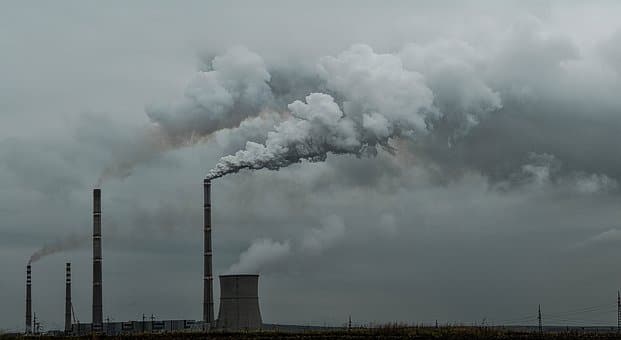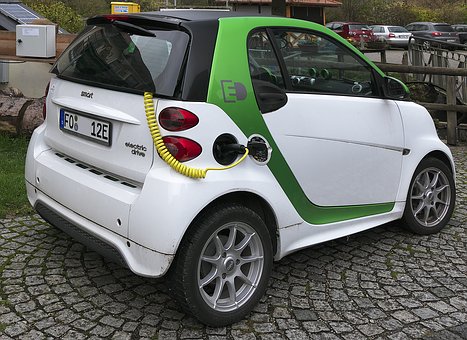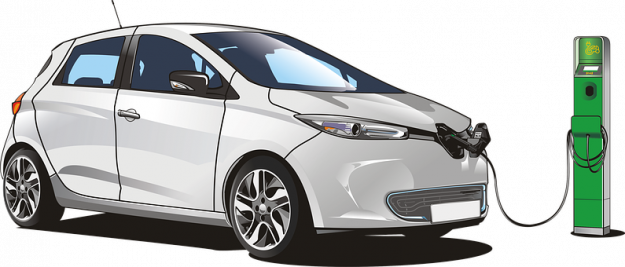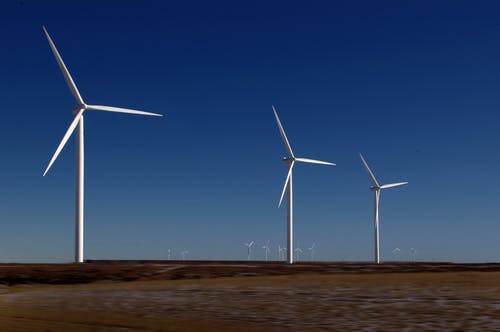Connecticut Initiates 2022 Comprehensive Energy Strategy Assessment
The Connecticut Department of Energy and Environmental Protection on Jan. 6 announced the start of the process to develop the 2022 Comprehensive Energy Strategy (CES) to plan for the effective management of the state’s energy supply, distribution, and demand. The CES is expected to analyse Connecticut’s future energy needs, identify strategies to reduce cost for…...
